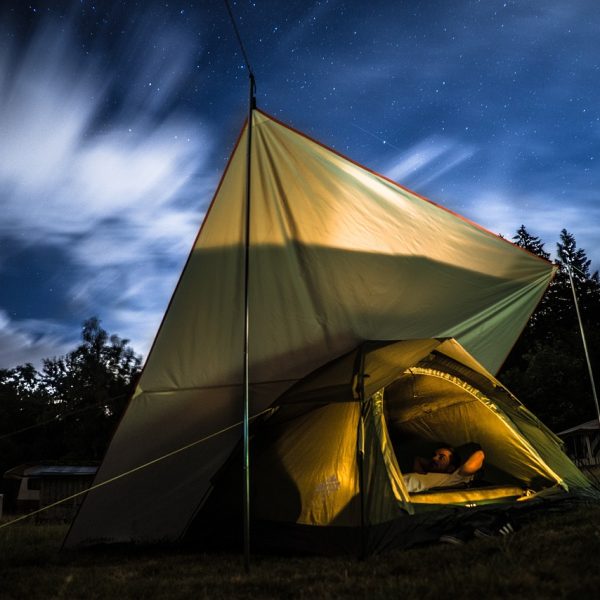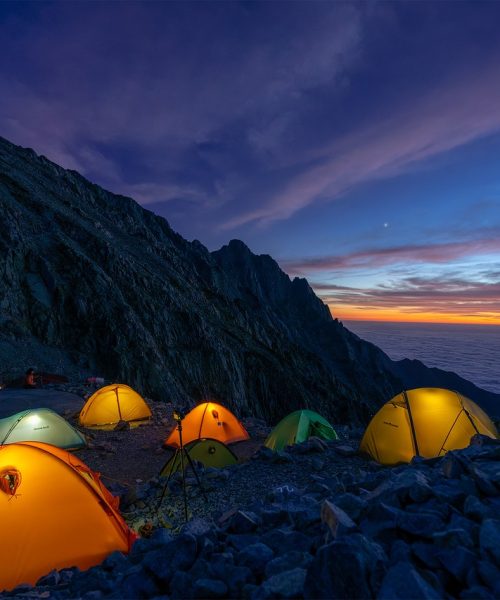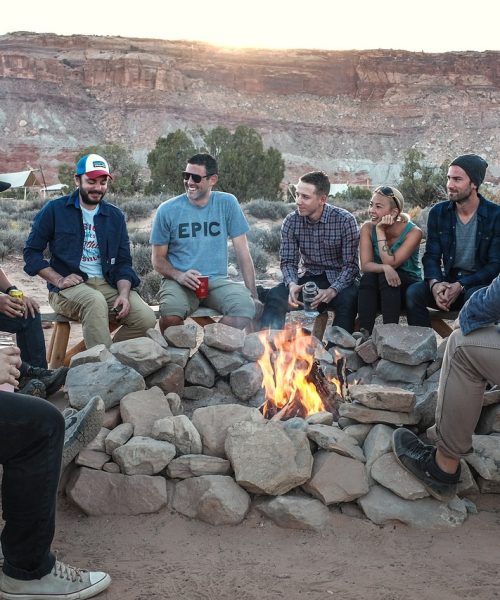One of the first steps to budget camping is selecting a campsite that won’t dent your finances. Many state parks, national forests, and Bureau of Land Management (BLM) lands in the U.S. offer affordable camping fees, some even allowing free camping in designated areas.

The camping industry has grown in recent years, with a vast array of gear available to buy, but purchasing new equipment can be costly. Consider borrowing or renting from friends, family, or local rental shops. Many outdoor stores also offer rental options for high-quality gear at a fraction of the purchase cost.
If borrowing or renting isn’t feasible, buying secondhand or budget-friendly gear is an excellent alternative. Platforms like eBay, Craigslist, or even thrift stores often carry affordable camping essentials.

Transportation can be one of the biggest expenses for camping, especially if you’re heading far from home. To save on travel costs, camp closer to home, carpool with friends, or share fuel costs with fellow campers. Planning trips during the off-peak season also helps reduce costs associated with travel and campsite fees, as many campsites offer discounts or lower prices during non-peak times.
Camping gadgets can be expensive, but many of them are easy to make yourself. For example:
Camping Pillow: Fill a pillowcase with extra clothing for a lightweight, free pillow.
Bug Repellent: Essential oils like lavender and eucalyptus can repel insects. Mix a few drops with water in a small spray bottle.
Lantern: A headlamp strapped to a gallon of water creates a soft, ambient light perfect for illuminating your campsite.

